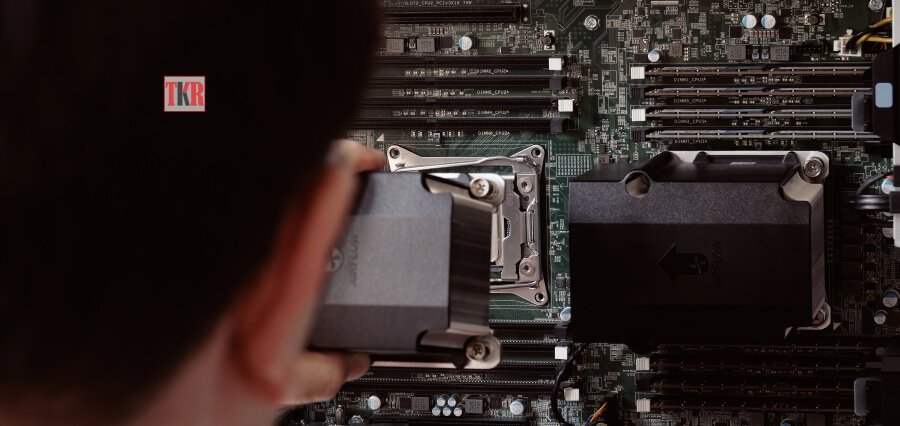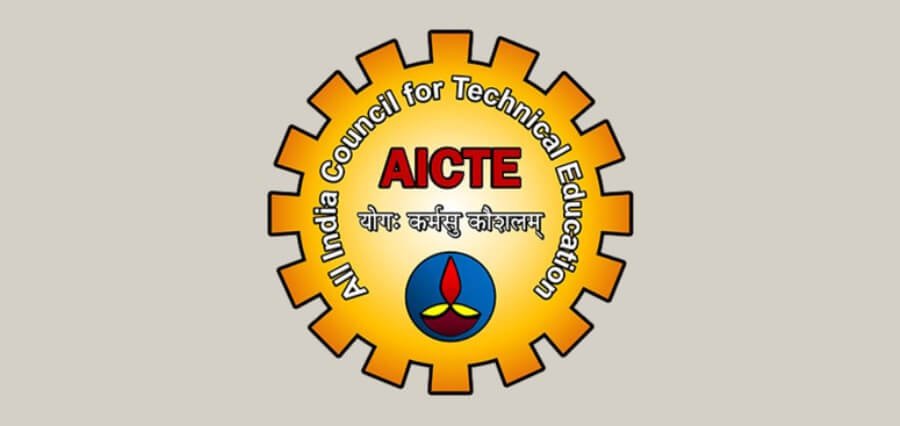Preparing Future Engineers
The rapid technological advancements of the 21st century have fundamentally transformed industries, economies and societies worldwide. Engineering, at the heart of this transformation, plays a pivotal role in driving innovation, solving complex problems and creating sustainable solutions.
However, the pace of change in technology has posed significant challenges to traditional engineering education models, which often struggle to keep up with the evolving demands of the industry. To address this gap, there is an increasing need for innovative pedagogies in engineering education that can prepare future engineers for the complexities of a technologically advanced world.
Innovative pedagogies in engineering education involve rethinking the ways in which engineering concepts are taught, integrating new teaching methodologies, leveraging technology and fostering a learning environment that is both adaptive and future-focused. The goal is to equip students not just with technical knowledge, but with the skills, creativity and critical thinking necessary to navigate and excel in a rapidly changing technological landscape.
The correlation between the title and subtitle is clear: as technology continues to evolve, the preparation of future engineers must also evolve. This requires a shift from traditional, lecture-based learning to more dynamic, hands-on, and interdisciplinary approaches that mirror the real-world challenges engineers will face.
By embracing innovative pedagogies in engineering education, institutions can ensure that their graduates are not only proficient in current technologies but are also equipped to lead and innovate in future technological developments.
The Need for Innovation in Engineering Education
Engineering is inherently tied to technology, and as technology evolves, so too must the education that underpins engineering practice. The current technological landscape is characterized by rapid advancements in areas such as artificial intelligence, robotics, renewable energy, and nanotechnology.
These developments are not only changing the tools and processes engineers use but are also redefining the problems they must solve. To prepare future engineers effectively, engineering education must adopt innovative pedagogies that reflect these changes, ensuring that students are equipped with the knowledge and skills relevant to the current and future technological environment.
Limitations of Traditional Pedagogies
Traditional engineering education has long been dominated by lecture-based instruction, standardized testing and a focus on theoretical knowledge. While these methods have produced competent engineers in the past, they are increasingly seen as inadequate in preparing students for the demands of the modern engineering landscape.
Traditional pedagogies often fail to foster the creativity, problem-solving abilities and interdisciplinary thinking that are essential in today’s engineering roles. Furthermore, they may not adequately address the need for continuous learning and adaptation in the face of rapidly changing technologies.
Key Innovative Pedagogies in Engineering Education
Project-based Learning (PBL)
Project-Based Learning (PBL) is one of the most significant innovative pedagogies in engineering education. PBL shifts the focus from passive learning to active, hands-on experiences. Students work on real-world projects, often in teams, where they apply theoretical knowledge to solve practical problems.
This approach not only reinforces technical skills but also promotes collaboration, communication and critical thinking. By simulating real engineering challenges, PBL helps prepare future engineers to tackle complex issues they will encounter in their professional careers.
Flipped Classroom Model
The flipped classroom is another innovative approach that has gained traction in engineering education. In this model, traditional lecture content is delivered outside of the classroom through videos, readings and other online resources, while class time is reserved for interactive activities, discussions and problem-solving.
This allows students to engage with the material at their own pace and come to class prepared to apply what they’ve learned. The flipped classroom model encourages active learning and helps students develop a deeper understanding of engineering concepts, which is crucial for preparing future engineers to innovate and lead in their fields.
Collaborative and Interdisciplinary Learning
Engineering problems are rarely confined to a single discipline. Therefore, innovative pedagogies in engineering education increasingly emphasize collaborative and interdisciplinary learning.
By working in diverse teams and engaging with students from other fields, engineering students gain a broader perspective and learn to approach problems from multiple angles. This approach not only enhances their technical expertise but also prepares them for the collaborative nature of modern engineering work, where solutions often require input from various disciplines.
Integration of Technology in Learning
Incorporating technology into the learning process is a cornerstone of innovative pedagogies in engineering education. From simulation software and virtual labs to AI-driven tutoring systems, technology is being used to enhance the learning experience and provide students with tools that are directly relevant to their future careers.
For example, virtual labs allow students to conduct experiments and interact with complex systems in a controlled environment, providing them with valuable hands-on experience without the limitations of physical labs. This integration of technology is essential for preparing future engineers to work with the advanced tools and systems they will encounter in the workplace.
Competency-based Education (CBE)
Competency-Based Education (CBE) is another innovative pedagogy that focuses on the mastery of specific skills and competencies rather than the completion of courses or credit hours. In this model, students progress at their own pace, moving on to new topics only when they have demonstrated proficiency in the current material.
CBE is particularly well-suited to engineering education, where the ability to apply knowledge and skills in practical situations is more important than memorizing facts. By focusing on outcomes rather than processes, CBE helps in preparing future engineers who are ready to meet the demands of the industry from day one.
The Role of Educators in Implementing Innovative Pedagogies
Professional Development for Educators
For innovative pedagogies in engineering education to be effective, educators themselves must be well-versed in these new approaches. This requires ongoing professional development and a willingness to adopt new teaching methods.
Institutions must invest in training programs that help educators understand and implement innovative pedagogies, as well as provide them with the resources and support needed to succeed. By empowering educators to embrace innovation, engineering programs can ensure that their teaching methods are aligned with the needs of the industry and the expectations of students.
Creating a Culture of Innovation
Implementing innovative pedagogies in engineering education also requires a cultural shift within institutions. Schools and universities must create an environment that encourages experimentation, collaboration and continuous improvement.
This means fostering a culture where both students and educators feel empowered to take risks, explore new ideas and challenge traditional ways of thinking. By creating a culture of innovation, institutions can better prepare future engineers to thrive in a world where change is the only constant.
Conclusion
Innovative pedagogies in engineering education are essential for preparing future engineers to succeed in a technologically advanced world. By embracing methods such as Project-based Learning, the flipped classroom, interdisciplinary collaboration, and Competency-based Education, engineering programs can equip students with the skills, knowledge and mindset needed to lead and innovate in their careers.





